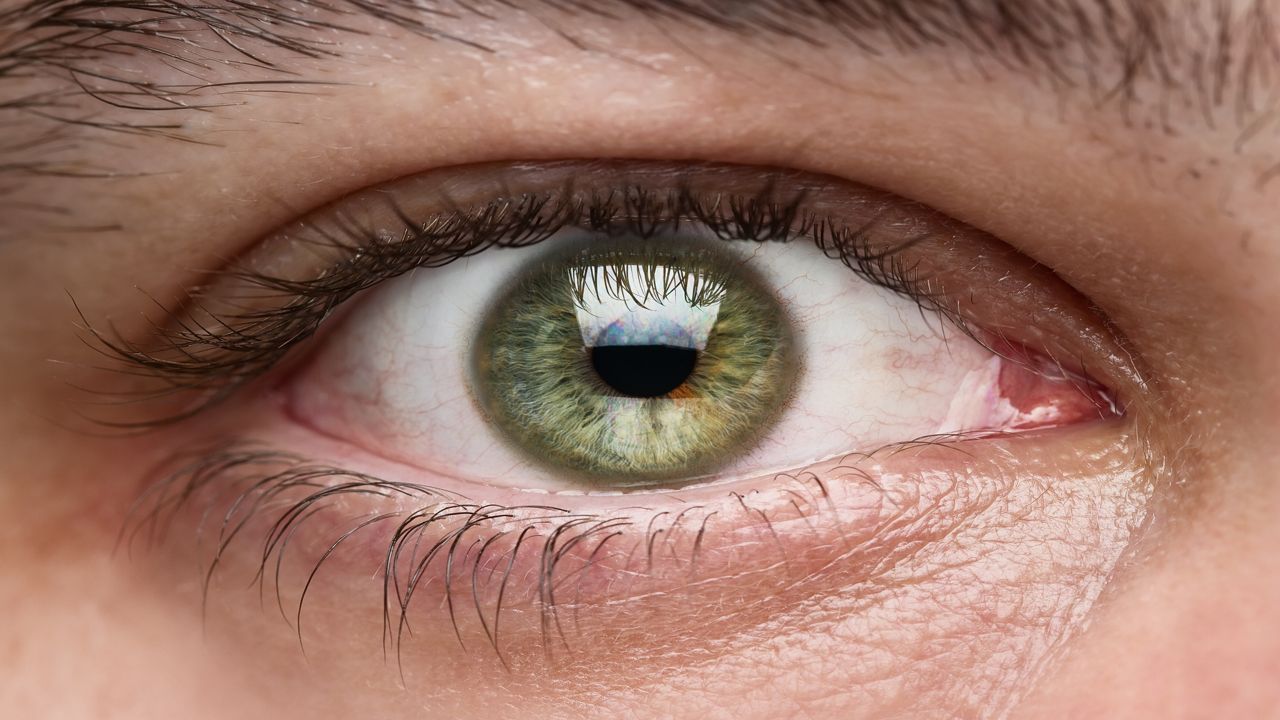
A hole in retina, or macular hole, is a defect in the central part of retina. This article discusses the causes, symptoms and treatment about the same.
Light that enters the eyes is directed by the lens and cornea and projected back onto the retina. The retina consists of seven layered alternating cells and processes which help us in our visual perception. A hole in retina is a hole in the macula, which is in the center of the retina. The macula is a part of the retina placed flat against the eye back and enables sharp, central and detailed vision.
Symptoms
People who suspect the problems of a retinal hole, may in the initial stages show symptoms of flashes, blurred vision, foggy vision and eye floaters. It is advised that initially if vision problems are experienced by someone, often in the morning, then one should not hesitate to visit an ophthalmologist. The possible symptoms of this defect are as follows:
- Blurred eye vision in central part of the eyes
- Difficulty in performing daily tasks
- Blind spot in the central area of eyes
Causes
A retinal hole or a macular hole is unlike other eye problems, like macular degeneration, that occur in people above 60 years of age quite frequently. The mechanism or the process by which retinal hole occurs is not yet known to medical experts. Some possible explanations include the shrinking of the vitreous chamber and thus causing a problem to the retina. The vitreous body is the transparent jelly that fills the space between the retina and the eye lens. It acts as a shock absorber and holds the retina in place. Some of the possible causes macular holes are as follows:
- Shrinkage or separation of the vitreous body
- Diabetic eye diseases
- Myopia or short sightedness
- Detached retina
- Severe eye injury
Diagnosis
The diagnosis of macular hole involves dilated retinal examination. In some cases, the ophthalmologist performs the fluorescein angiogram test. In this test, the blood vessels in the back of the eyes are photographed as fluorescent dye is injected into the hands or the arms.
Treatment
The treatment for retinal hole was quite difficult until the development of various micro surgical processes. It is now easier to offer visual improvement in case of some holes in the retina, by performing surgical procedures. The most important surgery, and in fact the only one associated with retinal hole, is the vitrectomy surgery in which the ophthalmologist uses very small instruments to remove the problems that are causing this defect in the eye. The jelly that covers the macula is removed and in its place special gas bubbles are put, that dissolve with time.
One of the most crucial and delicate step in this procedure is the head positioning of the patient. To keep the macula and bubble in touch, the patient has to maintain a downward face position for at least two weeks after the surgery. The success of the surgery depends much on how carefully this process is carried out. This process is called posturing and your ophthalmologist will make you aware about certain tips so that the head positioning can be maintained as instructed.
Like I mentioned before, a gas bubble is placed inside the back position of the eyes to close the macula hole on the retina. Since the bubble is placed at the back of the eyes, the strict face down positioning is of utmost importance. During this phase, the patient needs assistance from family members and an expert nurse, as this is an extremely difficult position to maintain for anybody for a long duration.
After 2-3 weeks following the surgery, the patient may be allowed to maintain a upright face position, however, the bubbles take 6-8 weeks to completely dissolve. The surgical procedure is assisted by performing anesthesia and demands few days of stay in the hospital as per medical recommendations. After 6-8 weeks, the bubbles are absorbed and then the eyes are checked for recommending appropriate glasses. Some of the risks associated with the vitrectomy surgery are infection, bleeding, side vision loss and cataract formation.
Retinal hole surgery has fairly high chances of success rate and a patient should practice the face down positioning of the face a few weeks before surgery. This will help during and after the surgery. Patients would have to go through a lot of postoperative restrictions and so one must mentally and physically prepared before opting for this surgery. Any sort of traveling, especially flying, is strictly not allowed. Also, a macular hole may not always need surgery.
In cases that do not lead to serious problems of vision loss, the doctor may recommend other treatment measures. Proper diagnosis of the eyes and consulting an expert ophthalmologist is always the safest route one can take for proper eye care. Even if minor eye injuries or issues arise, it must be addressed to the doctor without ignoring them for long. Being a very delicate organ, eyes demand special attention and care, which must be given to them on a regular basis.


